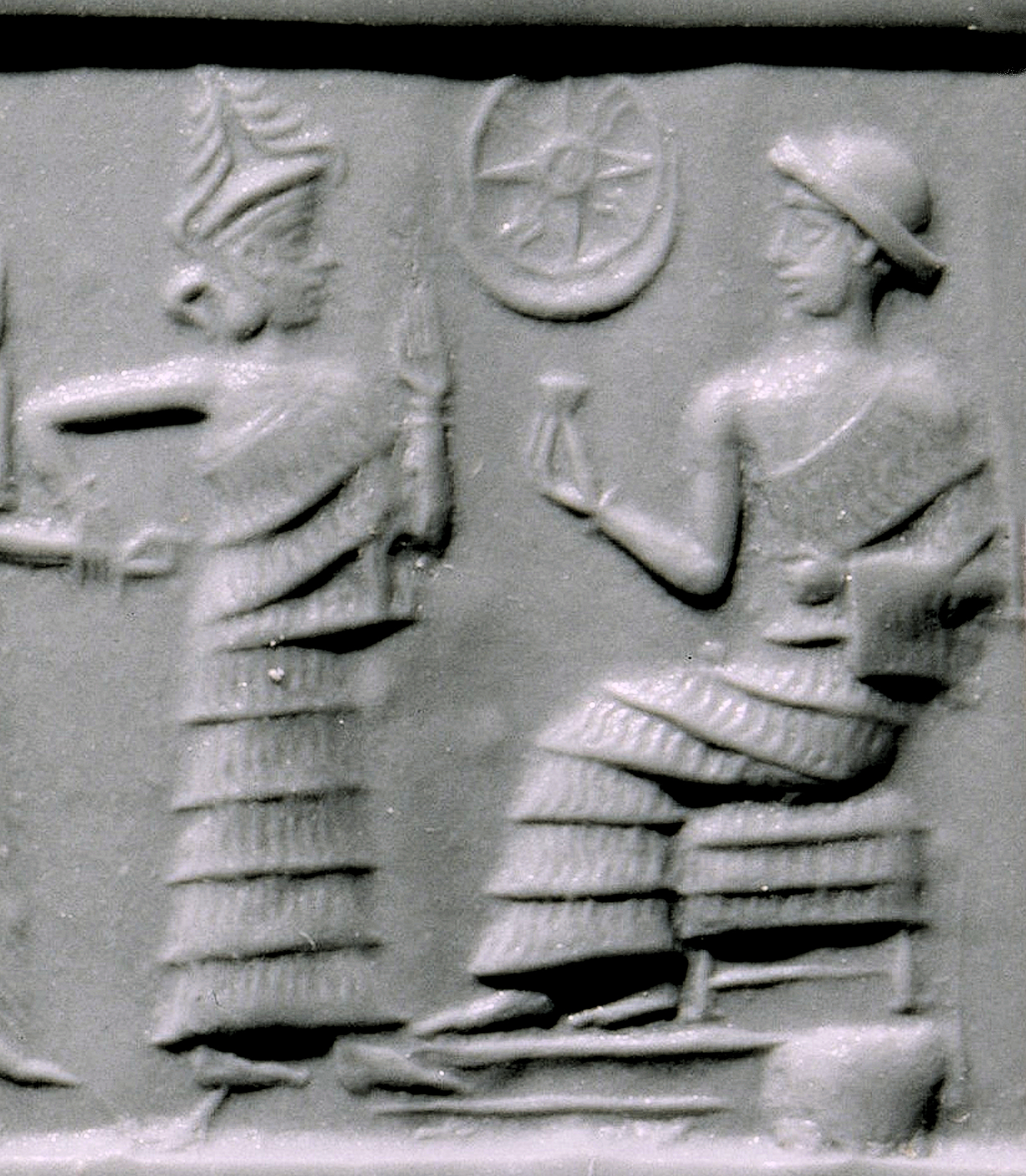|
Crescent And Star (symbol)
The conjoined representation of a star and a crescent is used in various historical contexts, including as a prominent symbol of the Ottoman Empire, and in contemporary times, as a national symbol by some countries, and by some Muslims as a symbol of Islam, while other Muslims reject it as an Islamic symbol. It was developed in the Greek colony of Byzantium ca. 300 BC, though it became more widely used as the royal emblem of Pontic king Mithridates VI Eupator after he incorporated Byzantium into his kingdom for a short period. During the 5th century, it was present in coins minted by the Persian Sassanian Empire; the symbol was represented in the coins minted across the empire throughout the Middle East for more than 400 years from the 3rd century until the fall of the Sassanians after the Muslim conquest of Persia in the 7th century. The conquering Muslim rulers kept the symbol in their coinage during the early years of the caliphate, as the coins were exact replicas of the Sass ... [...More Info...] [...Related Items...] OR: [Wikipedia] [Google] [Baidu] |
Byzantium
Byzantium () or Byzantion () was an ancient Greek city in classical antiquity that became known as Constantinople in late antiquity and Istanbul today. The Greek name ''Byzantion'' and its Latinization ''Byzantium'' continued to be used as a name of Constantinople sporadically and to varying degrees during the thousand-year existence of the Eastern Roman Empire, which also became known by the former name of the city as the Byzantine Empire. Byzantium was colonized by Greeks from Megara in the 7th century BCE and remained primarily Greek-speaking until its conquest by the Ottoman Empire in 1453 CE. Etymology The etymology of ''Byzantium'' is unknown. It has been suggested that the name is of Thracian origin. It may be derived from the Thracian personal name Byzas which means "he-goat". Ancient Greek legend refers to the Greek king Byzas, the leader of the Megarian colonists and founder of the city. The name '' Lygos'' for the city, which likely corresponds to an earlier T ... [...More Info...] [...Related Items...] OR: [Wikipedia] [Google] [Baidu] |
